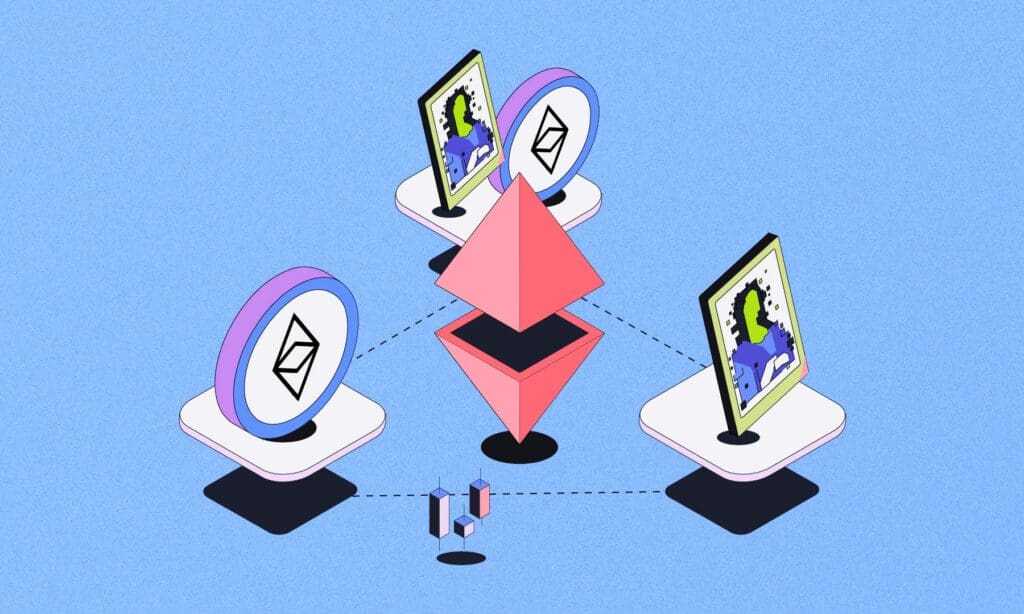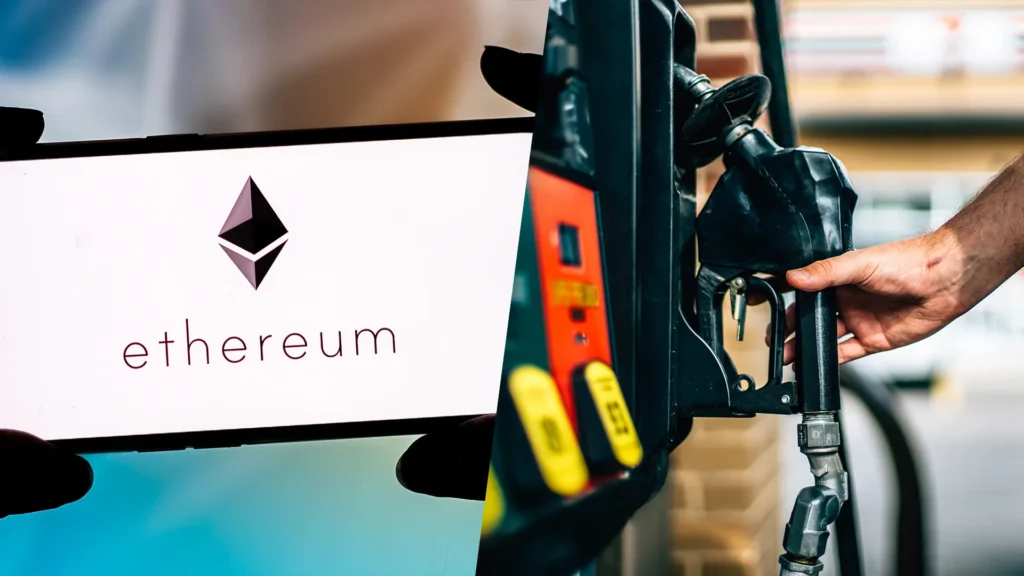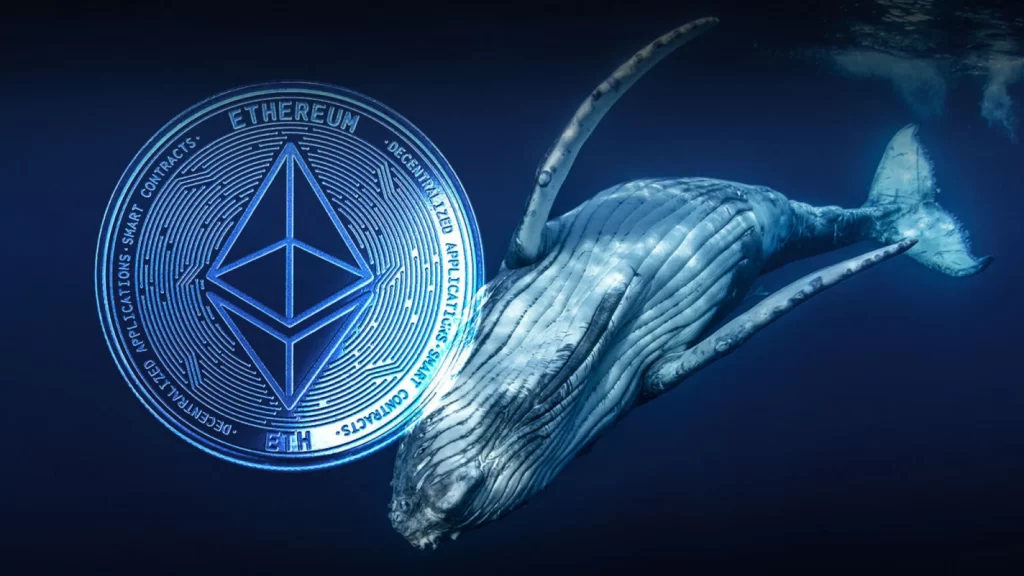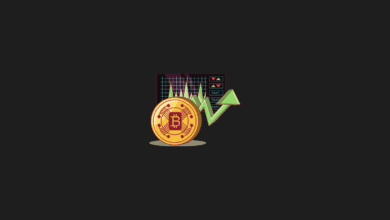Crypto Gas Price

In the world of cryptocurrencies, particularly within Ethereum’s network, ‘Gas Price’ is a term that plays a crucial role in the mechanics of blockchain transactions.
This article will explore the concept of gas price, its variations, and the significant impact it has on users and the overall blockchain ecosystem.
What is Crypto Gas Price?

The gas price in the realm of cryptocurrency is the amount of Ether (ETH) that users are willing to pay for each unit of gas to conduct a transaction or execute a smart contract on the Ethereum blockchain. It’s measured in ‘Gwei,’ which is a smaller denomination of ETH.
Types and Variations of Gas Price

- Standard Gas Price: This is the average price that users pay for a transaction to be processed under normal network conditions.
- Fast Gas Price: A higher gas price that users can opt to pay for faster transaction processing, especially useful during high network congestion.
- Low Gas Price: Users can choose to pay a lower gas price if they are not in a hurry to have their transaction processed, although this might lead to significant delays.
Importance of Gas Price in Ethereum Transactions

- Transaction Processing Speed: The gas price directly influences how quickly a transaction is processed and confirmed by the network.
- Network Resource Allocation: It helps in the efficient allocation of network resources, as higher-paying transactions are prioritized.
- Miner Incentives: Miners are incentivized to process transactions with higher gas prices, ensuring the security and efficiency of the network.
Determining the Right Gas Price

Users must balance the urgency of their transaction with the cost. Tools like Ethereum Gas Station can help predict the optimal gas price based on current network conditions.
Impact of Gas Price on Users and Market

- User Costs: The gas price is a significant factor in the overall cost of using the Ethereum network, affecting user experience and adoption.
- Market Dynamics: Fluctuations in gas prices can reflect the current demand and supply within the network, often correlating with broader market activities.
Challenges and Future Considerations

The volatile nature of gas prices poses challenges, particularly in periods of high network congestion. Upcoming Ethereum upgrades, like Ethereum 2.0, aim to address these challenges by improving network scalability and reducing transaction costs.
Crypto gas price is a dynamic and critical component of the Ethereum network, playing a key role in determining the speed and cost of transactions.
Understanding gas prices is essential for anyone participating in the Ethereum ecosystem, as it directly impacts the efficiency and cost-effectiveness of their activities on the blockchain.
As Ethereum continues to evolve, the mechanics and implications of gas pricing will remain a focal point for users and developers alike.











